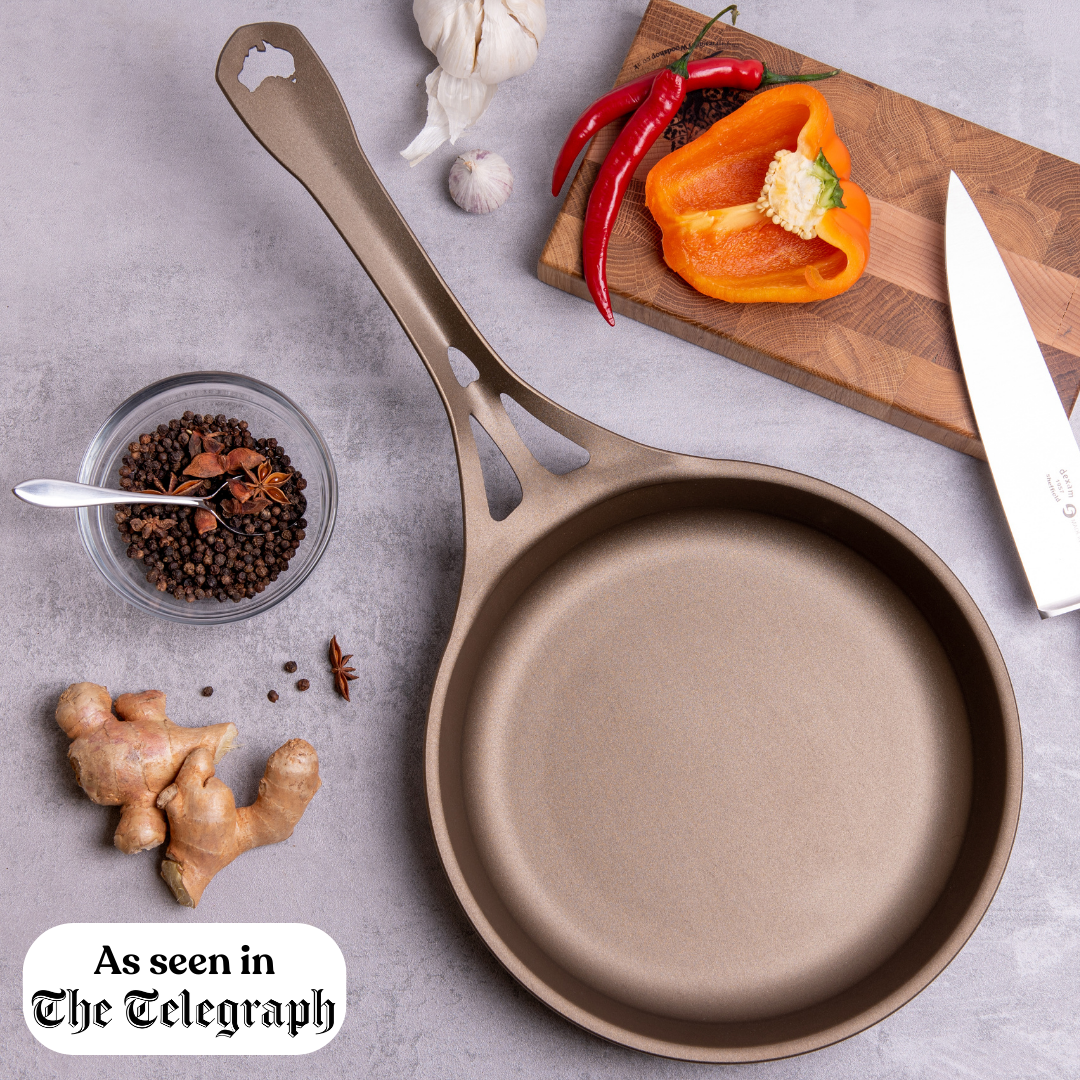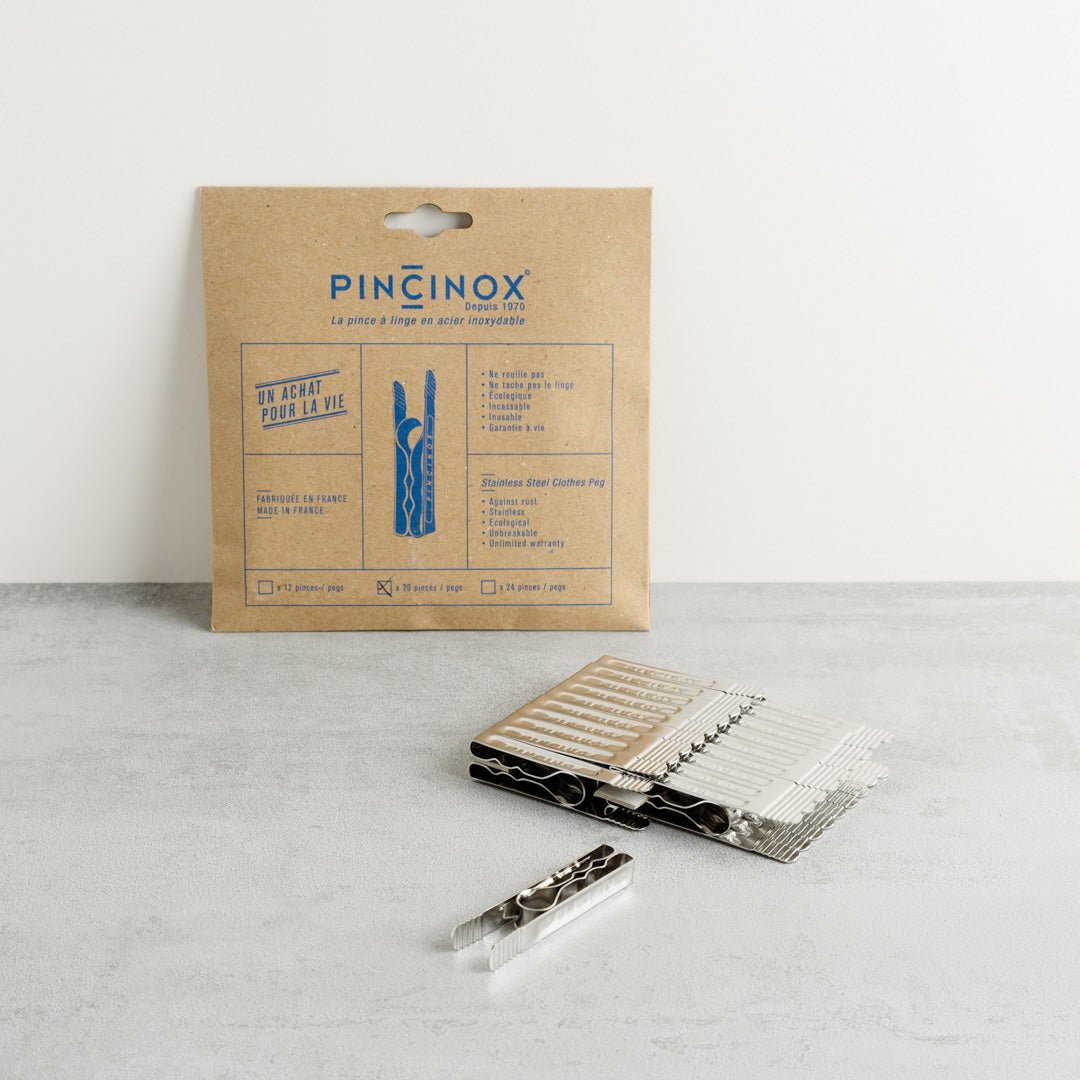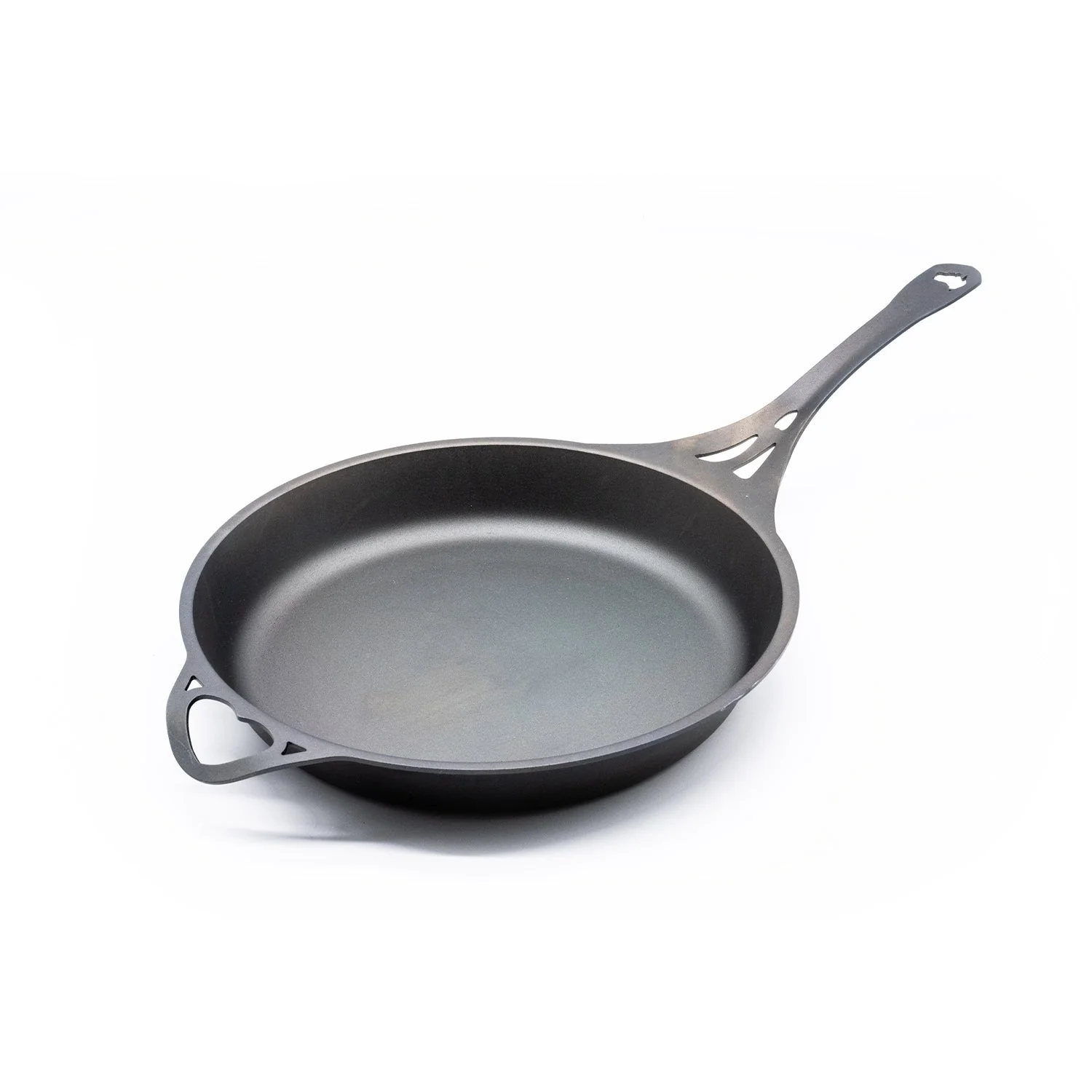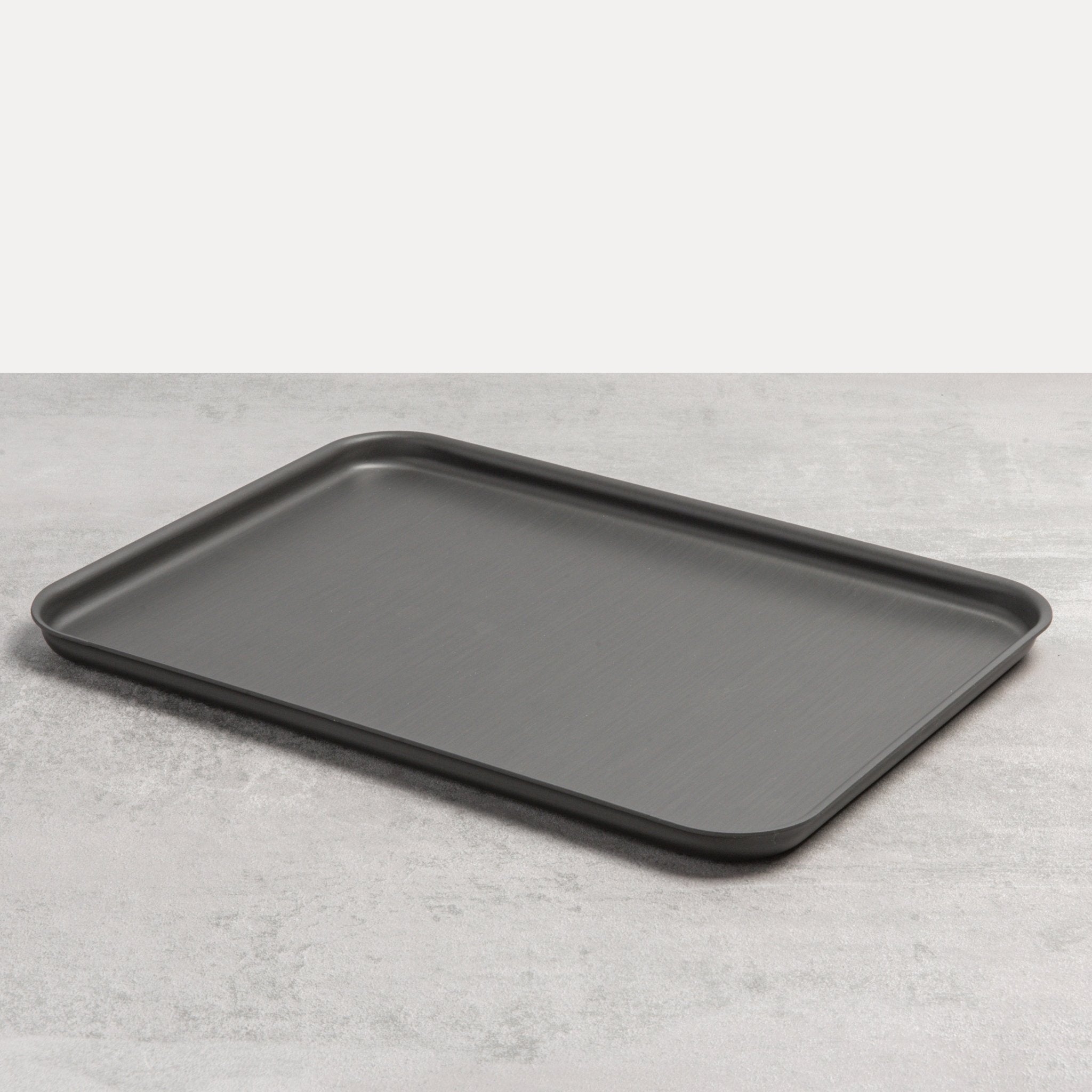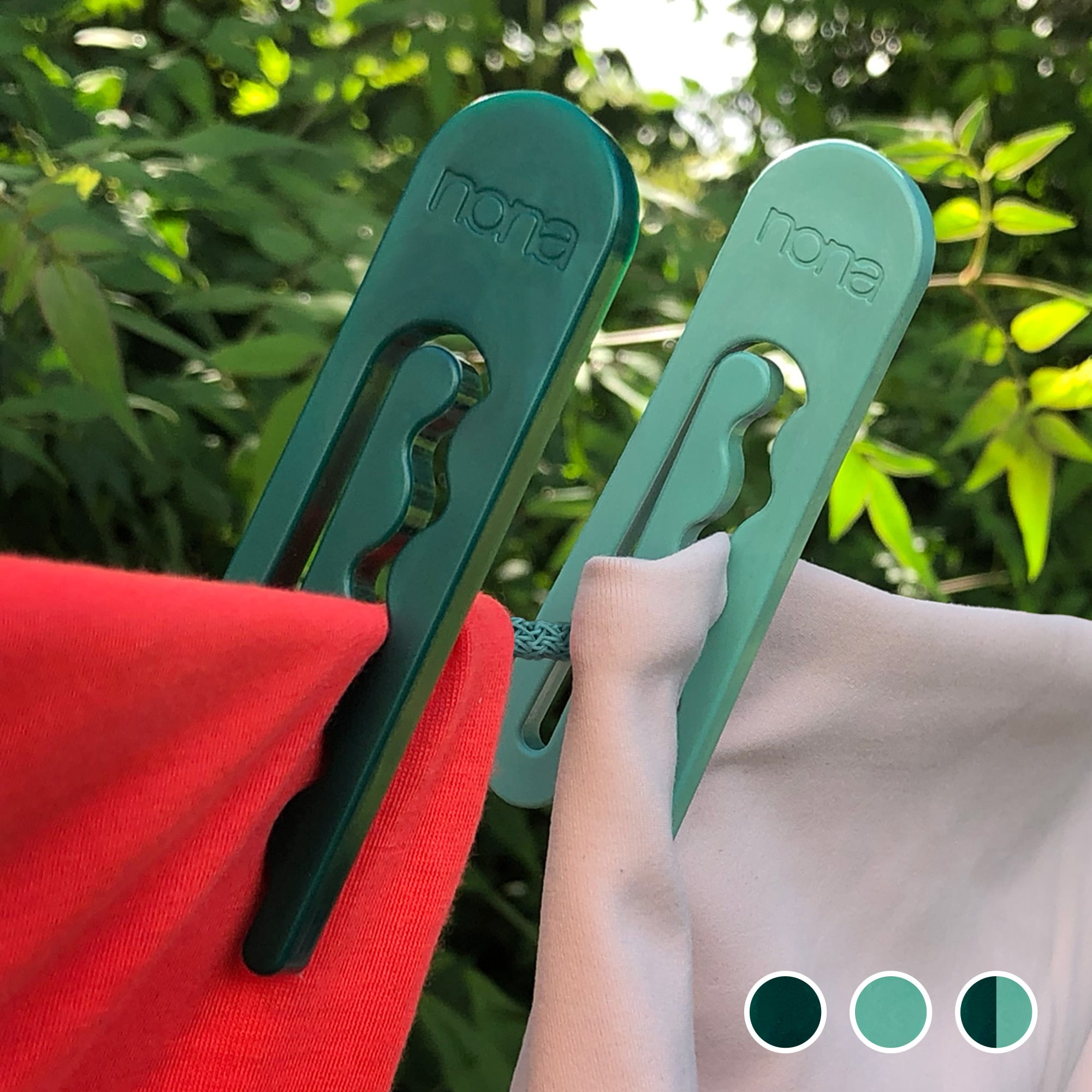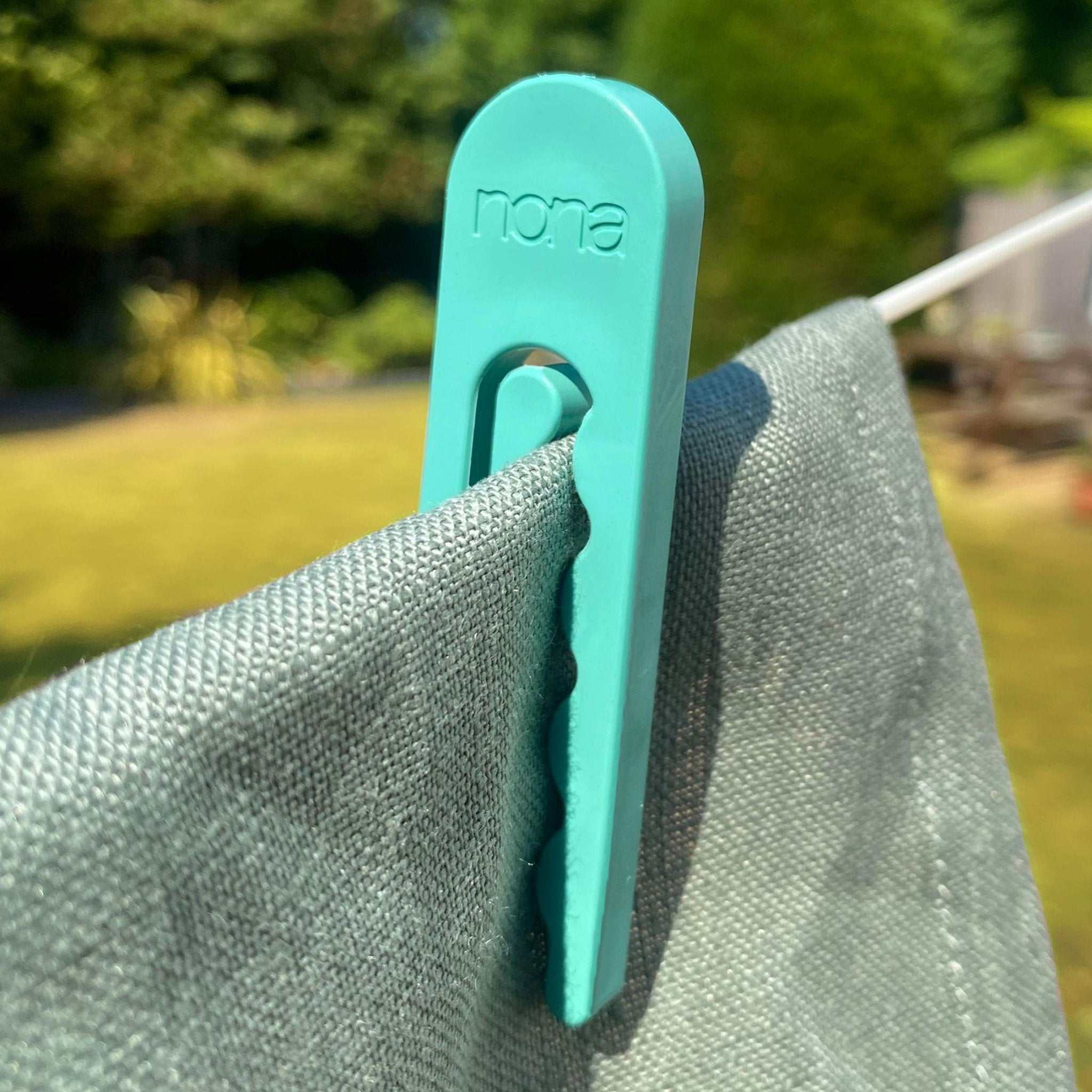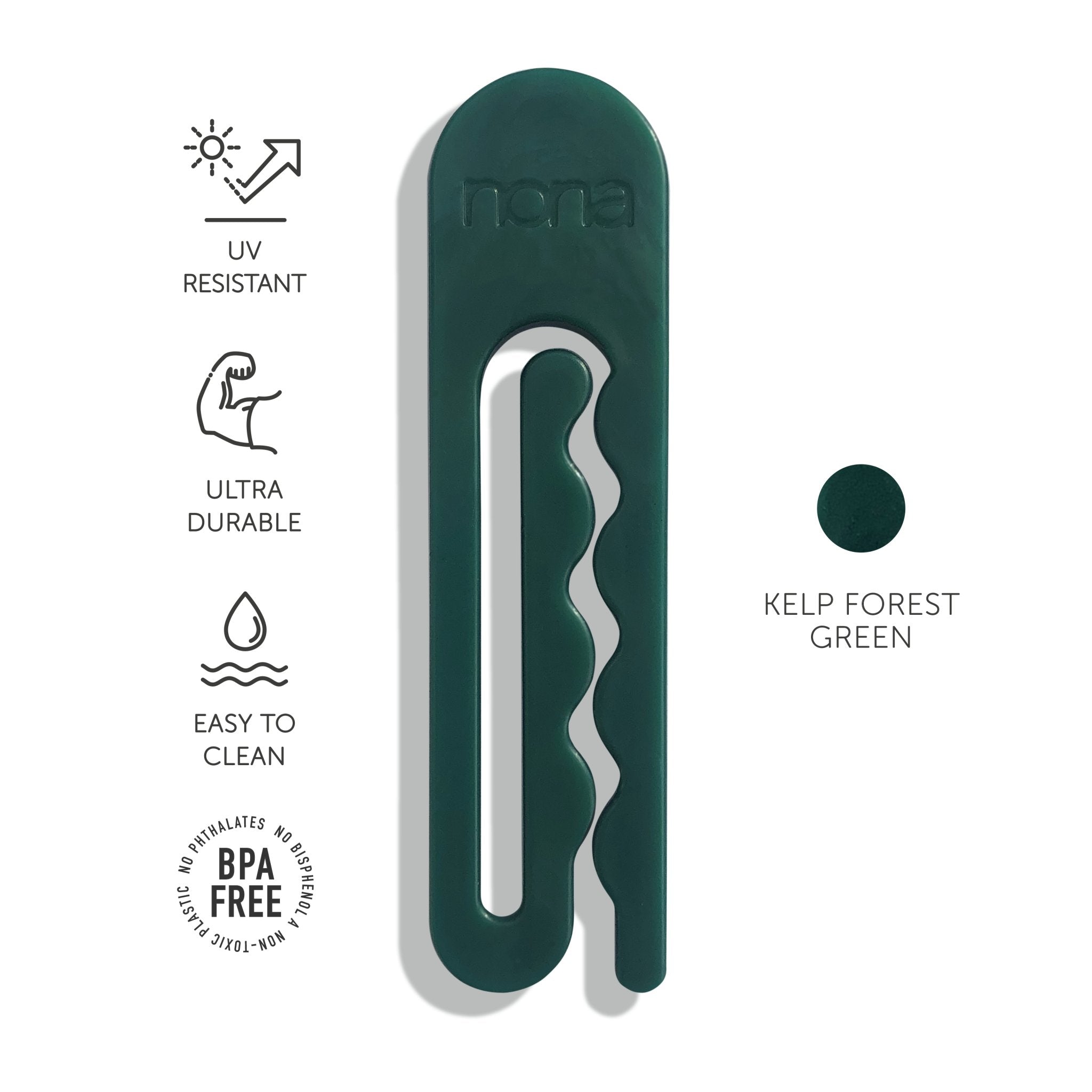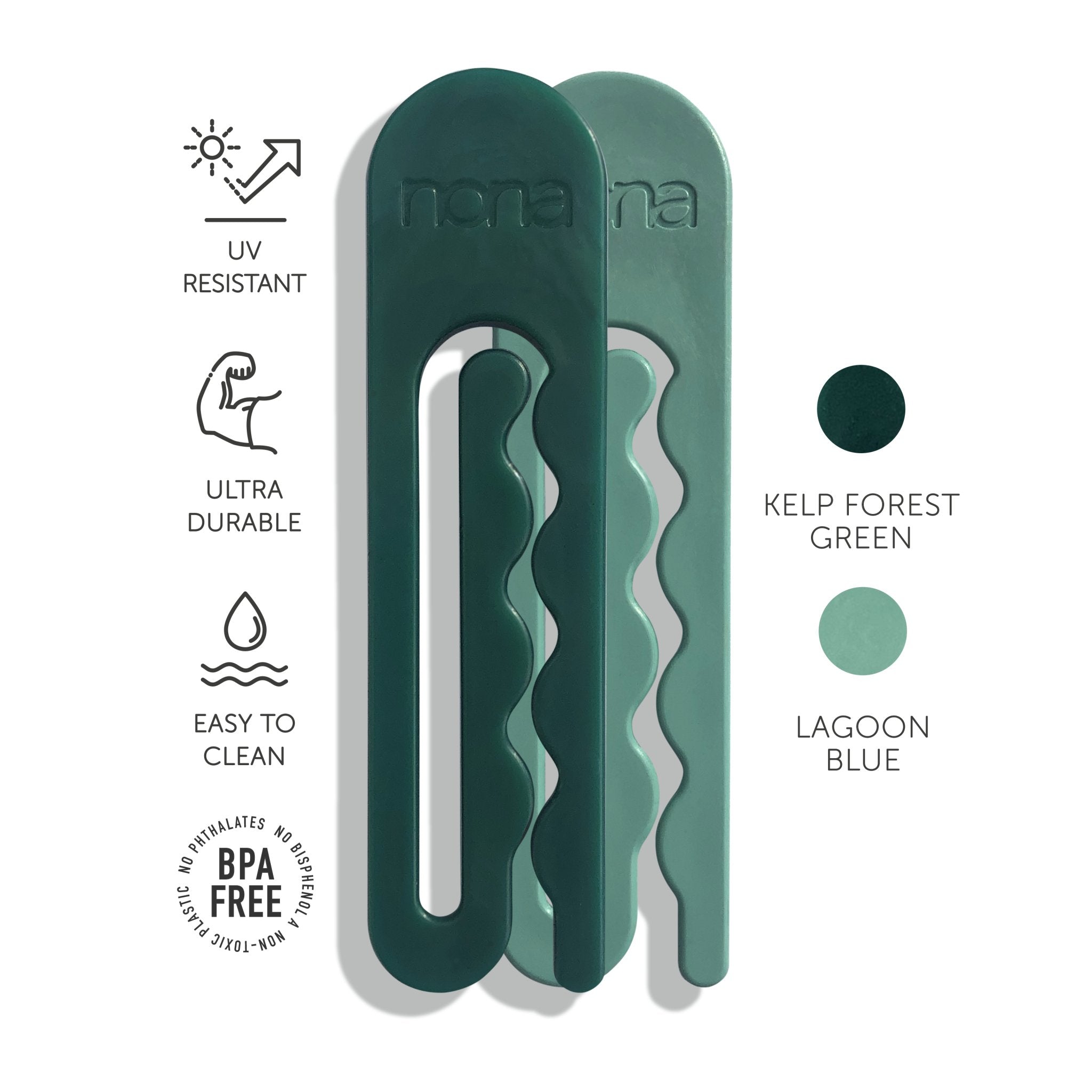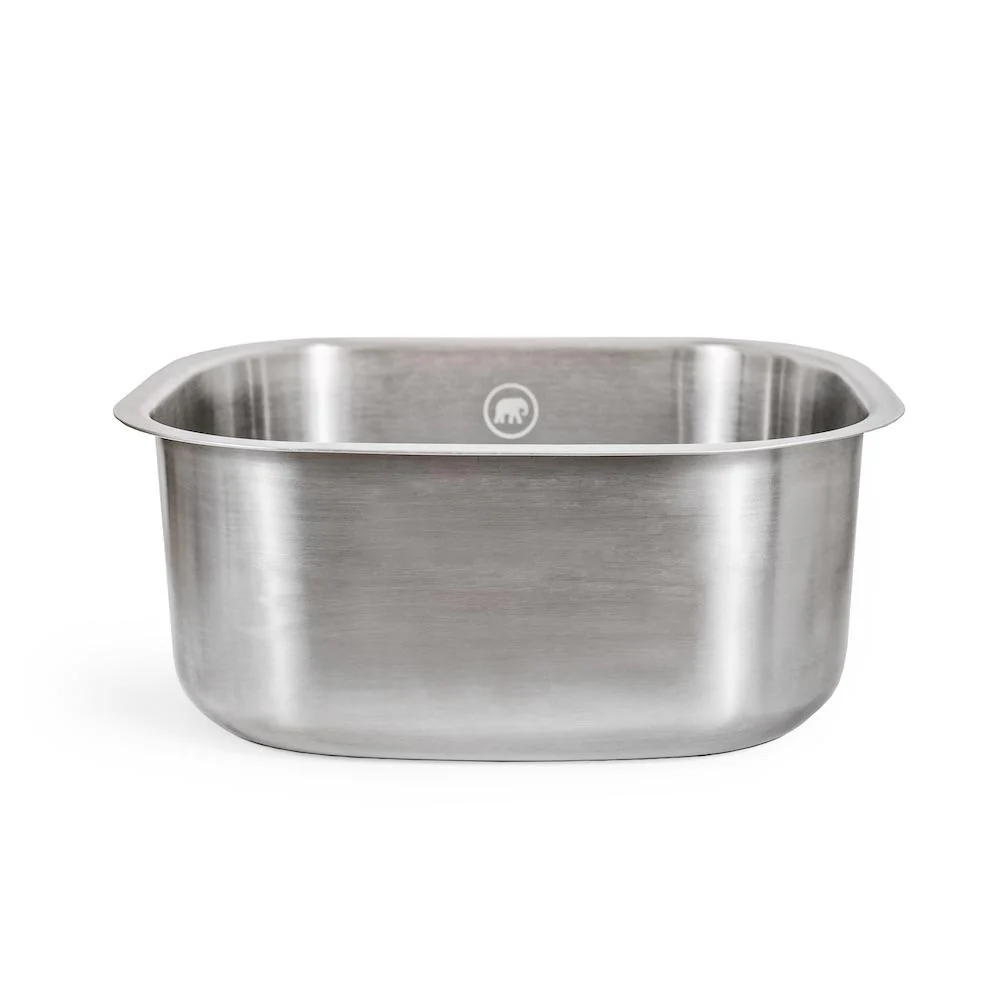If you’ve been keeping tabs on us, you’ll know all about our Love Stock Hate Waste petition. It’s all about ending the shockingly wasteful business practice of trashing unsold stock.
Part of that campaign involves inviting businesses to publicly pledge that they will never do this. And now, we’re interviewing some of the brilliant founders and CEOs who have taken that pledge.
For our second Love Stock Hate Waste interview, we wanted to speak to Rachel Ward, founder of Luks Linen. Their Turkish textiles - blankets, peshtemals and robes - are all handmade by artisan weavers. Every piece carries a 20-year guarantee.
Read on to see what Rachel has to say about retail waste, as well as the joys and challenges of being a small business.
What are your thoughts on wasted stock in retail?
It’s a massive and complex problem, sitting within an archaic business model that is inherently broken. One that is driven by immediacy, FOMO and the bottom line - rather than from the perspective of genuine demand, impact and legacy.
I appreciate that from a commercial perspective, there are financial benefits to brands producing in volume. But it is very clear that there are cost implications way beyond profit, such as safe working practices, the climate and fair pay that simply aren’t being addressed. If they are, it is tokenistic - often greenwashing - and based on an assumed lack of consumer awareness.

What are some of your main challenges as a business owner?
Whilst the vast majority of our customers and retailers appreciate that our products take time to produce (sometimes up to 6 weeks), we do still struggle with the immediacy that some people have come to expect from a brand, regardless of its size.
We have, without doubt, lost business because we don’t mass produce. As a small business, that can hit hard quite quickly. It is a delicate and ever-evolving balancing act.
Why did you sign the Love Stock Hate Waste Pledge?
Firstly, to openly state our commitment as a brand to avoiding wasted stock. Secondly, and equally as important, to learn from other brands who have signed the pledge. Initiatives such as Love Stock Hate Waste always generate opportunities far greater than we could achieve on our own.

What does your company do to avoid wasted stock?
Small batch production and market testing of products. We would rather create 10 of something and see how sales go, rather than 100 of something that could sit languishing around. We’re lucky in the sense that the majority of our textiles are seasonless and aren’t driven by current, sometimes fleeting trends (Barbie merchandise anyone?).
With certain lines, we only offer a cyclical pre-order service - which means nothing is made unless it is needed. That is an area we are looking to grow.
What's your one tip for other retailers?
Progress, take small steps. It’s never going to be perfect because there is no such thing. Iterate and evolve. If you are a small business like ours, I can guarantee that you are already holding yourself to a much higher standard than most of the bigger players out there. In fact, they should be looking to us as a collective for better business practices.

Is there anything you'd like to see from the government on this?
About 4 years ago the Environmental Audit Committee released a report on the fast fashion industry which was led by Mary Creagh MP.
In that report, they recommended that a 1p levy be applied to every garment sold by clothing brands and retailers. It had the potential to raise over £35 million a year that could be used to improve the reuse and recycling of textiles in the UK.
I would love the government to revisit this as it is just the sort of considered, joined-up, lateral thinking that we need.

What gives you hope for the future?
That awareness of these challenges and the realities of their impacts are on the rise, and that future generations are already literate in these issues.
That the voices shouting about this are getting louder, brands are being called out and held to account and customers are becoming way more discerning in how they shop, with whom and why.
That increasingly, we are looking at the circularity and reuse of products - raising the question of ‘and then what?’, which in turn is creating huge leaps in product innovation.
Browse the Luks Linen’s artisanal Turkish textiles here.
Have you signed our Change.org petition yet? If you think retailers should donate their stock instead of destroying it, we urge you to take a stand by sharing our petition with friends and family.
Are you a business owner or CEO who wants to make the pledge? You can do so here instantly.

